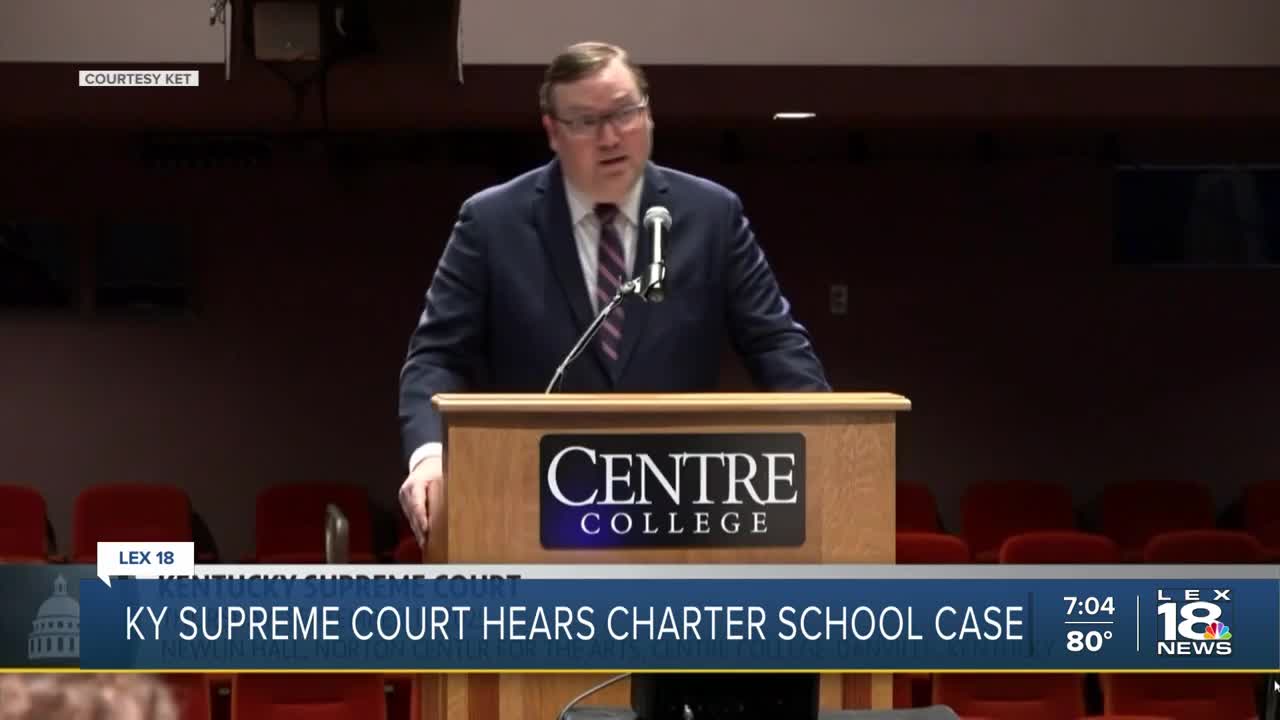DANVILLE, Ky. (LEX 18) — The Kentucky Supreme Court heard arguments in Danville over a contentious issue that has been brewing in the state for years: whether charter schools can legally receive taxpayer funding.
The case centers on 2022's House Bill 9, a law that would allow public money to go to charter schools.
The debate comes after Kentucky voters rejected Amendment 2 in 2024, which would have allowed public money to flow to non-public schools. That rejection ensures that public funding should only go to public schools. However, the Attorney General's office argues that charter schools should receive taxpayer funding because they qualify as public schools.
"Charter schools are public schools in the same way every other public school is a public school. It's open. It's free to all," said Matt Kuhn, Kentucky's solicitor general.
The Attorney General's lawyers compared charter schools to specialized magnet schools, such as SCAPA in Lexington, arguing they serve similar public functions.
But the Kentucky Department of Education disputes this characterization. The department's legal counsel argued that charter schools cannot be considered public schools because they lack public accountability.
One of the key differences, according to the department, lies in governance structure. Charter schools operate under independent boards of directors who are not elected by the public, while traditional public schools — including magnet schools — ultimately answer to taxpayers through elected officials.
"A magnet school operates under the supervision of its local district and is accountable to district and local school board, which is comprised of elected officials who are therefore accountable to the taxpayers within the community," said Corey Nichols, counsel for the Kentucky Department of Education.
The Attorney General's office countered that charter schools maintain accountability through parental choice, giving families the power to hold these institutions responsible by deciding whether to enroll their children.
"It gives parents a greater role in the education of their kids," Kuhn said.
The case now rests with the Supreme Court justices, who asked numerous challenging questions as they work to determine whether the proposed funding mechanism aligns with Kentucky's constitution.





